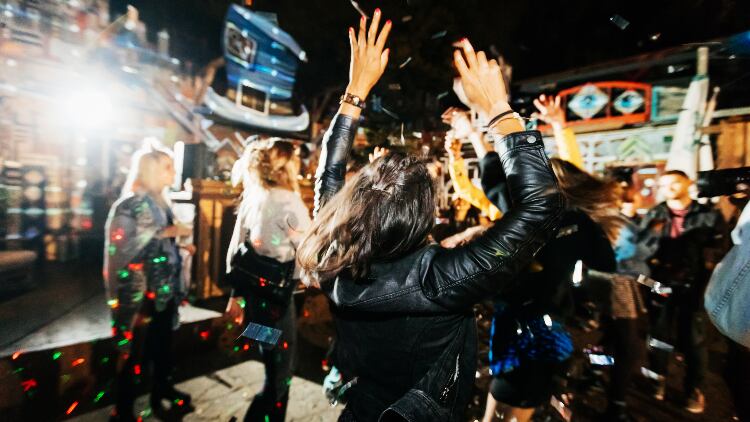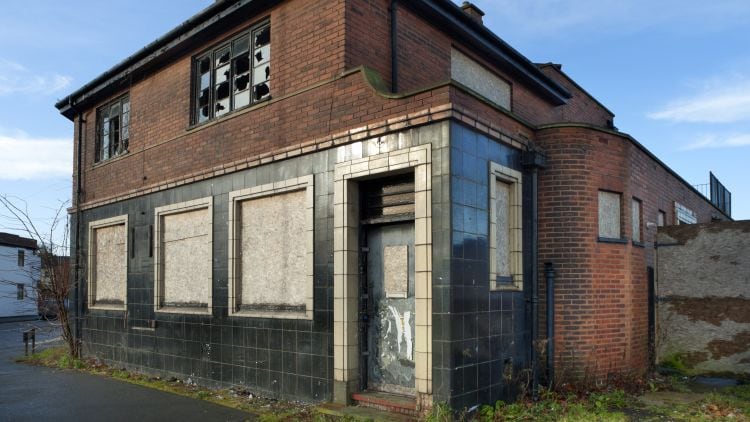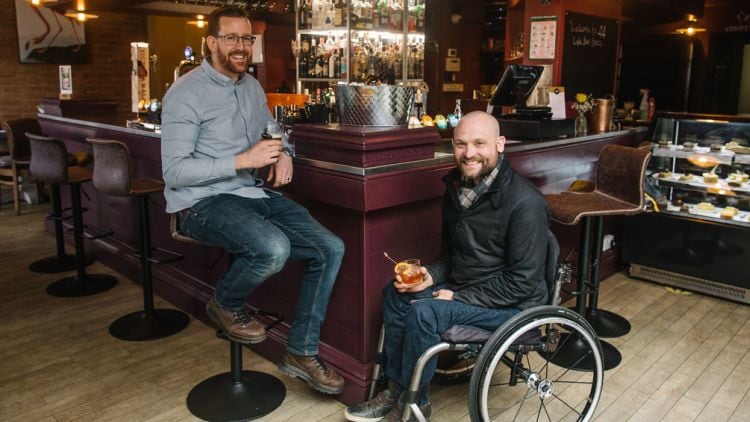The latest version of the Rekom Night Index, the bellwether report for the late-night leisure industry, showed 77.3% of Brits had cut back on nights out.
It also revealed lower consumer confidence levels for the late-night sector. Total night out spend has also increased by 2% to £74.91 (October 2022: £73.36).
Students, and those aged 18 to 24, have adopted a more budget conscious mindset when it comes to social habits. Over the past three months, Rekom has seen a 38.6% hike in students saying they have a fixed budget for going on a late night out which they don’t exceed.
When asked in what ways socialising budgets are being cut, the most popular response among all respondents was to pre-drink at home more (35.1%).
This was followed by cutting down on spending in advance of a night out (32%), which has increased by 6% since last the survey in October 2022, proving the effect the cost-of-living crisis is having across all elements of the high street across both the day and night-time economies.
For Rekom UK chairman Peter Marks, it was completely natural and expected consumers were changing their spending habits due to the cost-of-living crisis.
Squeezing budgets
He said: “Inflationary pressures are currently impacting every sector, so these survey results come as no surprise. However, it’s also worth noting that no matter what the economic outlook is, people will always prioritise good value and will make changes in their everyday lives to accommodate that.
“The hospitality and late-night leisure industry should remember that a good night out is just as relevant as it always has been, and if you can consistently provide a value offer, a good atmosphere, and quality experience, businesses will remain resilient.”
This sits in line with the most recent CGA Business Leaders survey which revealed hospitality leader confidence has risen notably since October, with almost half optimistic about their own business over the next 12 months. The survey’s overall outlook reflected a positive picture for 2023 industry leaders.
With pricing now a top concern when deciding where to go on a night out, the Rekom Night Index has also revealed changes in consumers’ going out patterns, which could indicate a long-term behavioural shift.
Long nights ahead
Nights out are getting longer, with the average night lasting for four hours 51 minutes, having risen from four hours 35 minutes in October 2022, and four hours 17 minutes in March 2022.
According to the research, Saturday is the most popular day of the week to go out, with 66.8% of respondents going out on this day, followed by Friday (64.2%) and Thursday (17.9%). For students, Friday is the most popular day of the week to go out with 70.6% choosing this option.
Marks continued: “While the cost-of-living crisis has meant that people are going out less, on the up side, we’re seeing that when people are out, they are out for longer, indicating that they want that ‘big night out’ experience."
He believed it was also interesting students were migrating to the behaviour of the overall market as they were increasingly likely to choose weekends for their nights out. However, he added, Rekom would suggest if students were prioritising pricing when deciding where to go out, it was worth considering the cheaper mid-week nights on offer.
Nevertheless, these behavioural differences proved businesses needed to be adaptable and responsive to changing market condition, for Marks.




